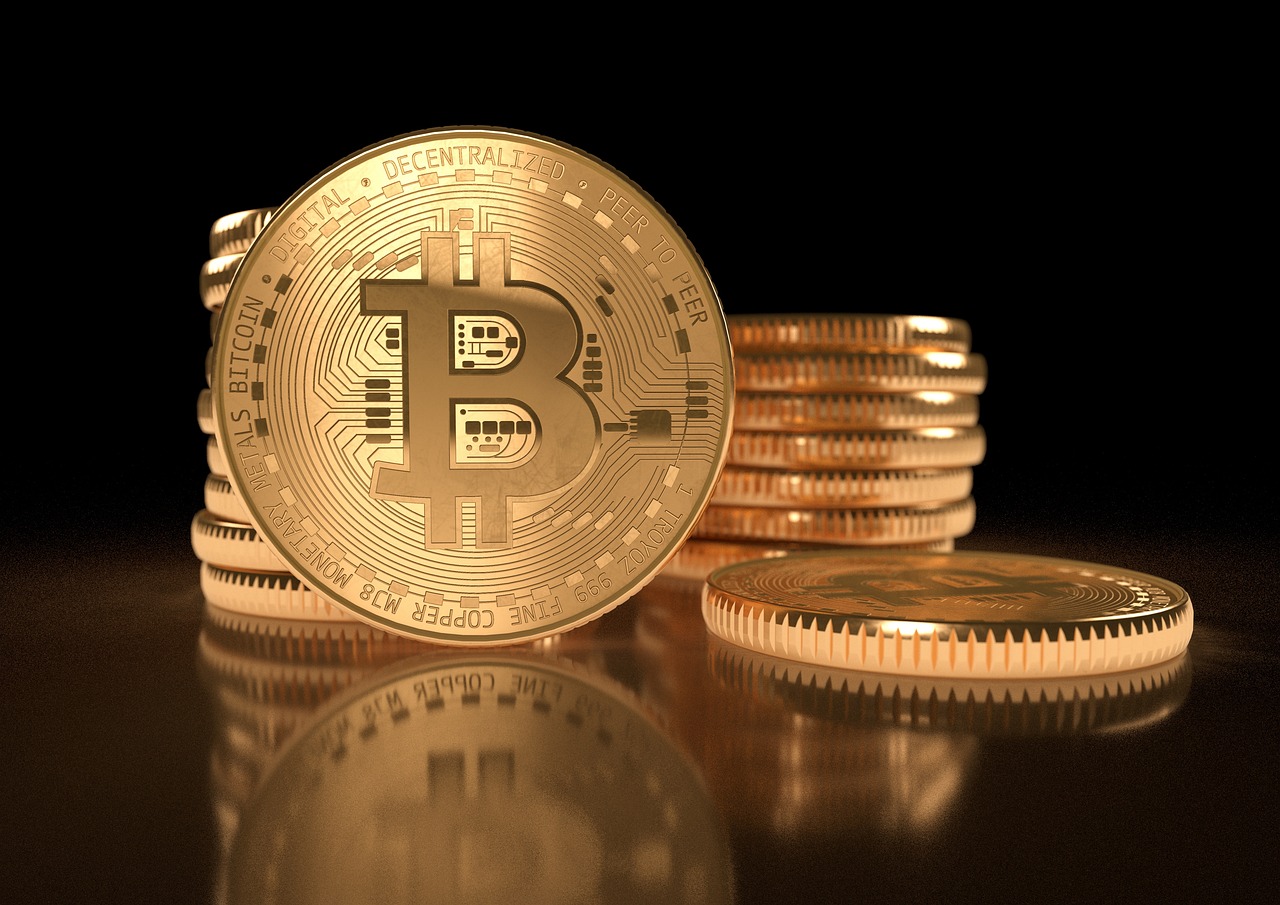Decentralized Finance: A Revolution in Financial Services
Decentralized finance (DeFi) is a rapidly expanding ecosystem of financial applications and protocols built on blockchain technology. It aims to create an open, transparent, and inclusive financial system, free from the limitations and intermediaries of traditional finance.
Key Components of DeFi
Blockchain Technology
- Provides a secure and transparent foundation for recording and tracking financial transactions.
- Eliminates the need for intermediaries, reducing costs and increasing efficiency.
Smart Contracts
- Automated agreements executed on the blockchain.
- Define the terms and conditions of financial transactions, ensuring trust and transparency.
Decentralized Applications (dApps)
- Applications built on blockchain technology that provide financial services.
- Offer a wide range of functionalities, including lending, borrowing, trading, and investing.
Benefits of DeFi
- Accessibility: Open to anyone with an internet connection, regardless of location or financial status.
- Transparency: All transactions are recorded on the blockchain, providing full visibility and accountability.
- Efficiency: Automated processes and elimination of intermediaries reduce time and costs associated with financial transactions.
- Innovation: Enables the creation of new financial products and services that were previously impossible with traditional finance.
Use Cases of DeFi
Lending and Borrowing
- Decentralized lending platforms: Allows users to lend or borrow crypto assets without the need for credit checks or collateral.
- Stablecoins: Cryptocurrencies pegged to a stable asset (e.g., USD), providing stability and liquidity in the DeFi ecosystem.
Trading and Investing
- Decentralized exchanges (DEXs): Peer-to-peer marketplaces for trading crypto assets, eliminating the need for intermediaries.
- Automated market makers (AMMs): Liquidity pools that facilitate trades between users, providing liquidity and reduced transaction costs.
Insurance and Risk Management
- Decentralized insurance protocols: Provide insurance coverage for smart contracts and DeFi applications.
- Risk assessment tools: Analyze the risks associated with DeFi investments and provide insights to users.
Conclusion
DeFi is a transformative technology that is revolutionizing the financial industry by creating an open, inclusive, and innovative financial system. Its potential benefits include accessibility, transparency, efficiency, and the development of new financial products and services. As the DeFi ecosystem continues to evolve, it is likely to play an increasingly significant role in the future of finance.
